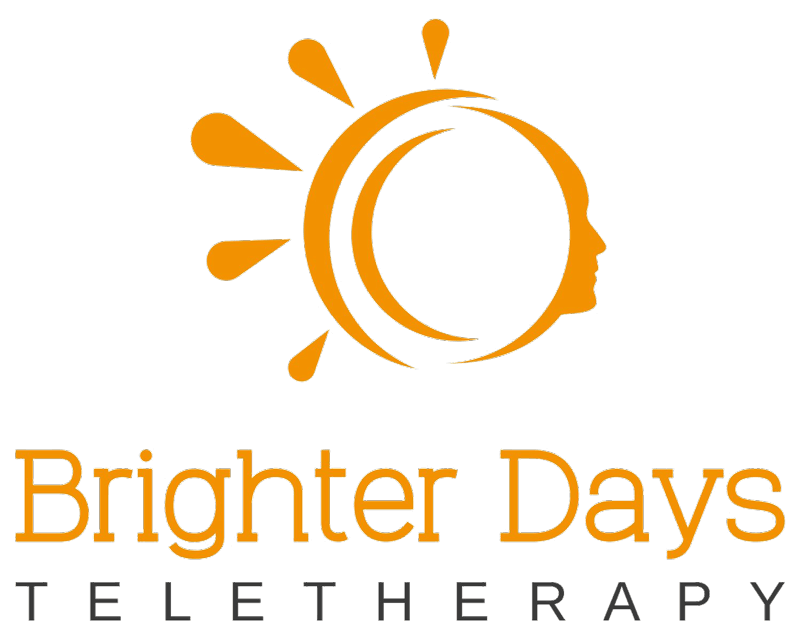The Power of Healing: Attachment-Focused EMDR Therapy Unveiled
As a licensed psychotherapist, I have witnessed the incredible transformation that can occur when individuals embark on a journey of healing through therapy. Today, I want to shed light on a particularly impactful and compassionate approach called Attachment-Focused Eye Movement Desensitization and Reprocessing (EMDR) therapy. This unique method not only addresses trauma and distress but also recognizes the fundamental importance of healthy attachment relationships in our lives. Join me as we explore the profound effects of attachment-focused EMDR therapy and its potential to bring about lasting change and emotional well-being.
Understanding Attachment:
We humans are wired for connection and attachment from the moment we are born. Our early experiences with caregivers shape our sense of self, our beliefs about the world, and our ability to form healthy relationships. However, when these early attachments are disrupted or marred by trauma, they can have a profound impact on our emotional and psychological well-being.
Attachment-Focused EMDR Therapy:
Attachment-focused EMDR therapy combines the principles of EMDR, a renowned trauma treatment, with a focus on repairing and enhancing attachment relationships. This approach recognizes that healing trauma involves not only processing distressing memories but also strengthening our capacity to form secure connections with others.
Empathy and Compassion in Action:
One of the cornerstones of attachment-focused EMDR therapy is the therapist's empathetic and compassionate presence. By creating a safe and supportive therapeutic environment, clients can feel seen, heard, and understood. This empathetic connection allows for the exploration of past attachment wounds, fostering a sense of validation and emotional healing.
Working Through Trauma:
Through the use of bilateral stimulation, such as eye movements, taps, or auditory tones, attachment-focused EMDR therapy facilitates the reprocessing of distressing memories and experiences. This bilateral stimulation, combined with the therapist's compassionate guidance, helps individuals process and integrate past traumas in a manner that promotes healing and resilience.
Rebuilding Trust and Resilience:
Attachment-focused EMDR therapy goes beyond the mere processing of traumatic memories. It works to rebuild trust, both in oneself and in others. By exploring and reframing negative beliefs formed as a result of early attachment experiences, individuals can gradually develop more secure and healthier attachment patterns. This process cultivates resilience, enhances interpersonal relationships, and paves the way for a more fulfilling and meaningful life.
A Transformative Journey:
As a licensed psychotherapist, I have had the privilege of witnessing the transformative power of attachment-focused EMDR therapy in my clients' lives. Through this approach, individuals have reclaimed their sense of self-worth, discovered new possibilities for connection, and developed profound resilience in the face of adversity.
Attachment-focused EMDR therapy represents a compassionate and empathetic approach to healing trauma and nurturing healthy attachment relationships. By addressing both the emotional wounds of the past and the longing for connection in the present, individuals can embark on a transformative journey towards greater self-awareness, healing, and fulfillment. If you are seeking a therapy modality that integrates attachment and trauma healing, I encourage you to explore the profound benefits of attachment-focused EMDR therapy. Remember, healing is possible, and you are worthy of the love and connection you deserve.
